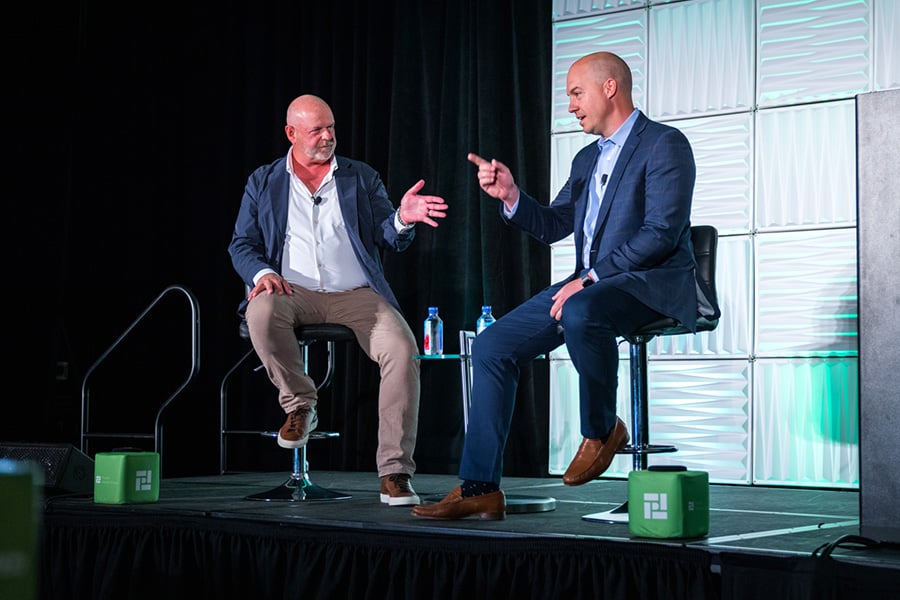

After two years at the helm of LPL Financial's largest enterprise and branch office, Robert "R.J." Moore said Thursday that he's leaving Private Advisor Group as CEO and will be replaced by industry and LPL veteran Frank Smith, the firm's current president. Smith will take over as CEO in mid-January.
With $29 billion in assets, Private Advisor Group is a giant network of LPL financial advisers, owned by John Hyland and Pat Sullivan.
Moore, the former president of LPL and CEO of Cetera Financial Group, was hired in November 2020 to push Morristown, New Jersey-based Private Advisor Group into its next phase of growth.
The firm joined the current blitz of registered investment advisers opening their doors to outside investors and using the fresh capital to expand and buy competitors. In 2021, it partnered with Merchant Investment Management, which provided additional capital to the firm.
This year, Private Advisor Group acquired two wealth management firms: Minneapolis-based Investors Financial Group, which had close to $1.9 billion in advisory assets at the end of last year, and AK Financial Group of Irvine, California, with $1 billion in assets.
Moore will remain at the firm as an investor and as executive chair, a role he will share with Sullivan.
Smith was director of investment solutions at CUNA Mutual Group before joining Private Advisor Group. He also spent 13 years at LPL Financial in recruiting and other parts of the business.
Over the summer, the Securities and Exchange Commission said it had imposed a $5.8 million penalty on Private Advisor Group for recommending high-fee mutual funds to clients and failing to disclose related conflicts of interest.

Futures indicate stocks will build on Tuesday's rally.

Cost of living still tops concerns about negative impacts on personal finances

Financial advisors remain vital allies even as DIY investing grows

A trade deal would mean significant cut in tariffs but 'it wont be zero'.

Inflation, economic risk is greater than previously thought.
RIAs face rising regulatory pressure in 2025. Forward-looking firms are responding with embedded technology, not more paperwork.
As inheritances are set to reshape client portfolios and next-gen heirs demand digital-first experiences, firms are retooling their wealth tech stacks and succession models in real time.
